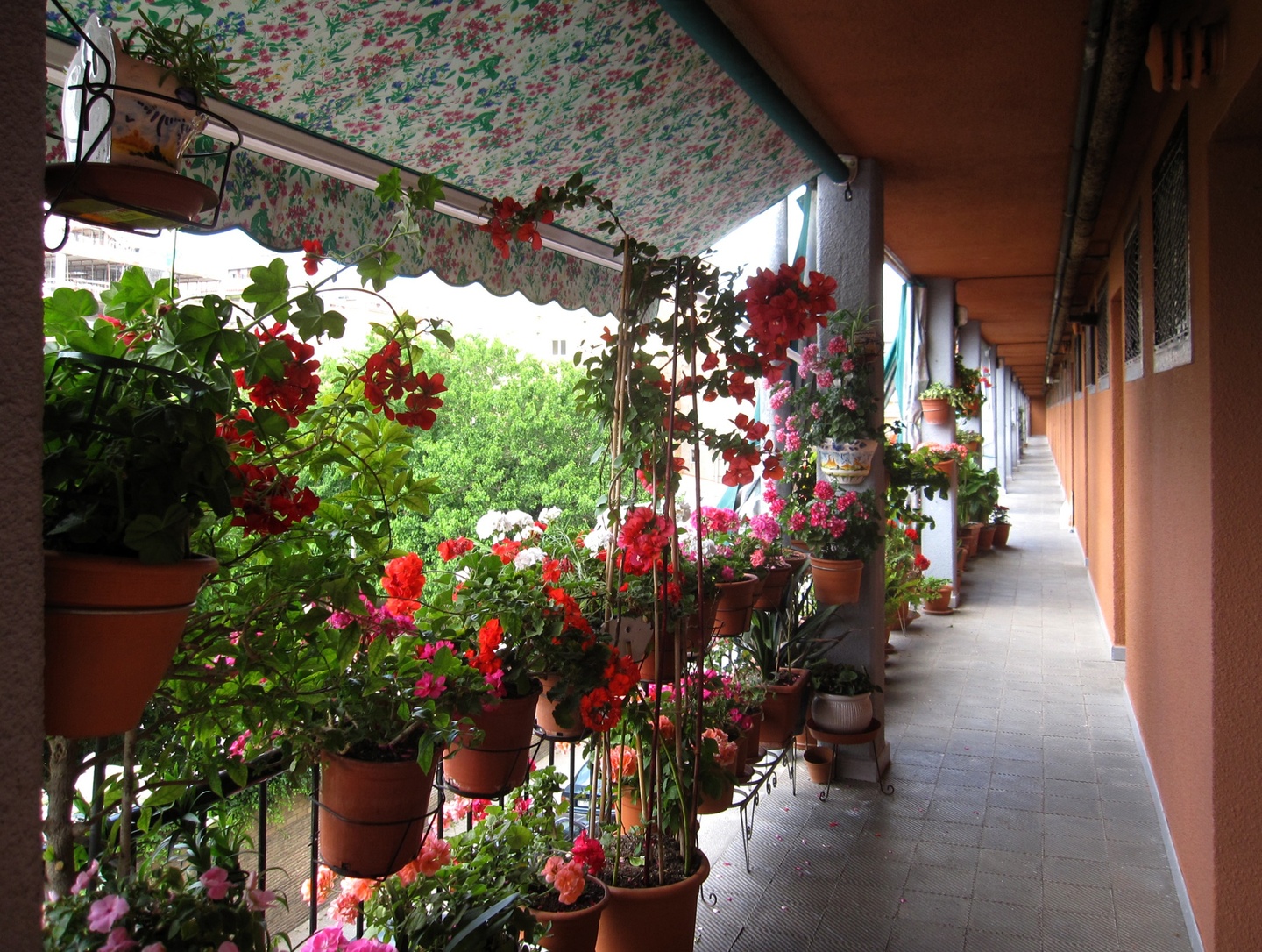Global Incubator Seed Grants Awarded
2021-10-04 • Sam Fox School

Josep Lluís Sert, Josep Torres i Clavé, and Joan Baptista Subirana, Casa Bloc apartments, Barcelona, Spain, 1932–1936. Photo by Emiliano López Mónica Rivera Arquitectos..
Eric P. Mumford, the Rebecca and John Voyles Professor of Architecture, and Mónica Rivera, professor of practice and chair of graduate architecture, are among the recipients of a new round of Global Incubator Seed Grants awarded by WashU’s McDonnell International Scholars Academy to help kick-start more than a dozen high-impact innovative projects.
The McDonnell International Scholars is committed to deepening and strengthening research, connections and collaborations with researchers around the globe. The grants program was intended to broaden the ties in Africa and Latin America, while deepening relationships with McDonnell Academy partners in other regions. More than five-dozen teams applied for funding to support research in 30 countries. Fifteen projects were chosen and will receive between $10,000 and $25,000 each to support research collaborations taking place on five continents. Public health, collective housing and fallout from the COVID-19 pandemic are among topics the projects will explore.
Edges of Privacy: Open Access Walkways in Collective Housing
Eric P. Mumford, the Rebecca and John Voyles Professor of Architecture, and Mónica Rivera, professor of practice and chair of graduate architecture, are Co-PIs on Edges of Privacy: Open Access Walkways in Collective Housing. The project involves collaboration with the Faculty of Architecture and Urbanism at the University of São Paulo, a partner institution in Brazil.
“This research project will bring together contemporary design research with social and technical historical research in an innovative global academic partnership between scholars and architects at Washington University with those in Brazil and Spain,” Mumford said.
The team will study, document, and analyze—both spatially and socially—selected examples of architect-designed collective housing in Europe and Latin America. The project will explore historic and contemporary built examples of open walkways in housing—both successes and failures—in The Netherlands, Spain, Brazil, Puerto Rico, and elsewhere. Through research, analysis, and careful redrawing of selected case studies, the team seeks to examine the modes of interaction afforded by design and the potential for this access type.
This research has its origins in a spring 2021 seminar taught by Rivera called Edges of Privacy. Open Access Walkways in Housing, which will be offered again in spring 2022.
“Buildings that use open access walkways—which in colder climates can be glazed—are often more economical and have considerable energy savings, as they both allow cross-ventilation of the units and can serve as climatic buffers and passive heat sources,” Rivera noted. “Additionally, these spaces offer potential scenarios of both conviviality and conflict, a contrasting condition that must be reconciled through precise design in order to create housing for diverse groups of people.”
Research began October 1, and will lead to an illustrated academic publication.
Support
The Global Incubator Seed Grants were made possible thanks to the generosity of Bethany and Bob Millard. To view a full list of the projects receiving seed funding, visit the University’s global website.